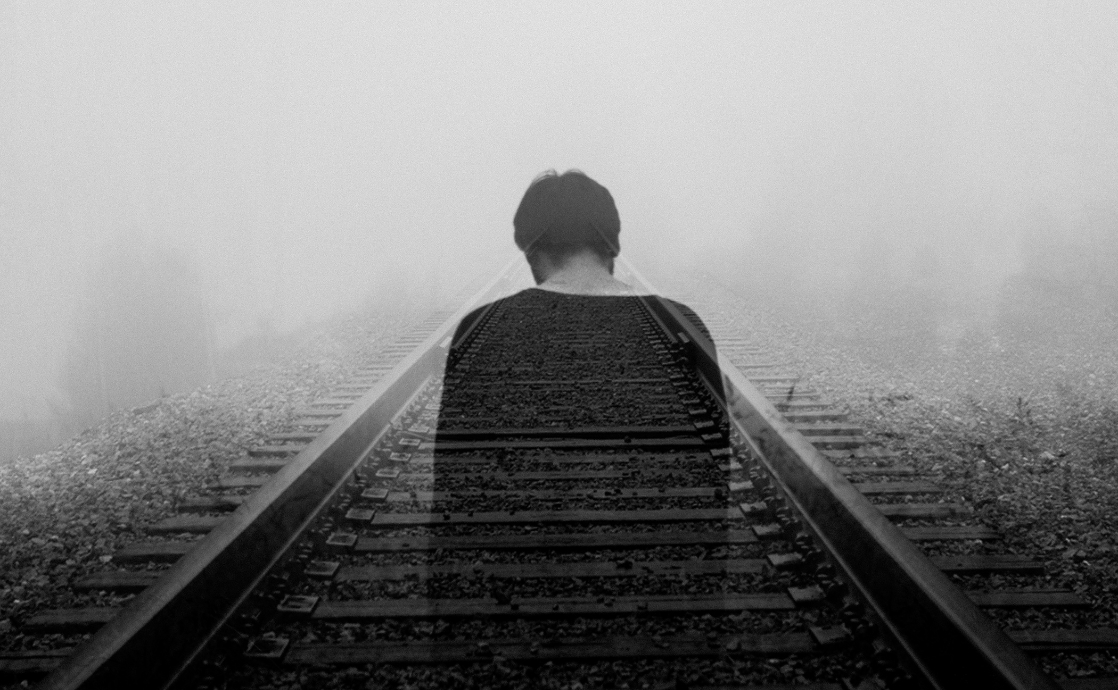The views expressed in our content reflect individual perspectives and do not represent the authoritative views of the Baha'i Faith.
True story: the brother of a friend of mine once broke into his own grandparents’ house and stole everything of value, then sold it on the street and used the money to buy heroin.
You might wonder, after a cold, heartless, despicable crime like that, committed against your own loving family members, whether addiction is caused by a moral failure or whether the addiction produces it.
The Baha’i teachings emphasize the latter conclusion, saying that opioid addiction can kill the human conscience. In his writings, Abdu’l-Baha said that the use of opioids “layeth in ruins the very foundation of what it is to be human:”
As to opium, it is foul and accursed. God protect us from the punishment He inflicteth on the user. According to the explicit Text of [Baha’u’llah’s] Most Holy Book, it is forbidden, and its use is utterly condemned. Reason showeth that smoking opium is a kind of insanity, and experience attesteth that the user is completely cut off from the human kingdom. May God protect all against the perpetration of an act so hideous as this, an act which layeth in ruins the very foundation of what it is to be human, and which causeth the user to be dispossessed for ever and ever. For opium fasteneth on the soul, so that the user’s conscience dieth, his mind is blotted away, his perceptions are eroded. It turneth the living into the dead. It quencheth the natural heat. No greater harm can be conceived than that which opium inflicteth. Fortunate are they who never even speak the name of it; then think how wretched is the user.
RELATED: My Friend Has a Drug Problem — What Can I Do?
If you’ve ever known anyone who has become an opioid addict, or had that terrible disease strike someone in your own family, you probably know exactly what Abdu’l-Baha meant.
Opioid addiction attacks the most fundamental parts of the human character, and can turn people into unrecognizable versions of their former selves. Opioids can remake previously good people into lying, stealing, immoral monsters. It can make life a living hell for users and the people around them.
Let me tell you a true story about two heroin addicts whose daughter I know, and if you haven’t had any experience with opioid addiction, it will give you a sense of what it’s capable of producing.
When my friend (who I’ll call Jill — not her real name) grew up, her parents belonged to an outlaw motorcycle club. As a young girl, she had a fairly uneventful childhood, going to school and playing with her classmates. But then Jill’s parents, who supported themselves by dealing heroin to others both inside and outside the club, started using their own product. Jill was 12 years old at the time, and when she came home from school, she would often encounter both of her parents “on the nod” — drowsy, incoherent, or even completely passed out from the effects of their worsening opioid addiction.
When that happened, Jill soon realized, she was on her own.
Unconscious and uncaring, her parents no longer protected her. When men came to the house to buy heroin, they only found one person awake — Jill. I won’t go into the graphic details, but she suffered severely during that period. If you can imagine it, she went through it, a horror show of truly terrible proportions. Her parents’ customers warned Jill that they would kill her and her parents if she ever said a word about what happened, so she stayed silent and buried her trauma.
When she became an adult, though, Jill slowly learned that her parents were actually both aware of what had been happening in their house all along — and had knowingly “traded” their daughter for more heroin.
That level of moral depravity and the addiction which causes it, the Baha’i teachings say in the most sobering terms, must be prevented “by any means whatsoever:”
O ye lovers of God! In this, the cycle of Almighty God, violence and force, constraint and oppression, are one and all condemned. It is, however, mandatory that the use of opium be prevented by any means whatsoever, that perchance the human race may be delivered from this most powerful of plagues.
Jill’s story did not end well or happily. After she became an adult, she finally confronted her parents with their crimes. After that confrontation, both of them committed suicide within the next few months, unable to live with the guilt or with the terrible toll it took on their family.
I know, it’s a truly horrible story — but it’s just one of millions of tragedies caused by opioid addiction. My friend Jill has not recovered. She’s an adult now, and she has bravely managed to get the extensive therapy she needed, but her psychological scars have never really healed, and the happiness most people manage to find in life eludes her. She never used any opioids herself, but she bears the crippling damage of the drug and its effects every day of her life.
The Baha’i teachings say that opioids can cause the death of the human conscience, and both my friend Jill and I can testify to the truth of that statement. In war, in hospitals, in treatment programs, and on the streets, I’ve personally seen the damage opioids do to people’s lives, often turning the living into the spiritually dead.
If you’ve ever seen a zombie movie, you might want to think about what it actually symbolizes.
Scientific studies show that opioid addiction alters the interactions between the midbrain regions like the ventral tegmentum and the nucleus accumbens — the motivation and pleasure centers of the brain. Opioid addiction also affects portions of the prefrontal cortex, which mediates our decisions and helps determine our core moral guidelines and priorities. Together, these neural regions in that little three-pound universe in our heads help determine what we value — and in advanced opioid addiction, often the only value that ultimately remains is the drug itself.
Make no mistake: none of this means that addicts aren’t human. Addicts can and do recover. I’ve met many wonderful, kind, sensitive souls who managed to leave their opioid addiction behind. Those who recover can go on to live full, fruitful lives, recovering not only their sobriety but their morality. The true history of opioid addiction, then, must include the millions of people who have successfully stopped using and who happily remain free of its spiritual curse today.
RELATED: Drug Addiction: Crime or Disease?
So please don’t let the old stereotype of an opioid addict mislead you. TV shows and films often portray opioid addicts as shambling, incoherent, too-far-gone junkies, but today the opioids have invaded every social strata, class, and race. In the earlier stages it’s largely a hidden addiction, which means that functional addicts abound. So the woman who manages the bank or your stockbroker in his suit and tie or the neighbor kid next door could be addicted just as easily as the homeless guy on the corner. No matter who they are, though, opioid addicts all had a life before they began using, and have the potential for deeply fulfilling and spiritual lives after they stop.
Despite that recognition, we need to understand what a serious cost opioid addiction extracts from the soul, and from human society as a whole. Abdu’l-Baha wrote in a letter to an individual Baha’i, that in the case of opioids, “… the user, the buyer and the seller are all deprived of the bounty and grace of God.” In the ocean of the Baha’i writings, where gentleness, peace, and spirituality suffuse the vast majority of its currents, this kind of severe statement is exceedingly rare — which ought to give us a sense of its seriousness.
I sincerely hope that you and everyone you know, as Abdu’l-Baha said, remain fortunate enough to never speak its name.
















Comments
Sign in or create an account
Continue with Googleor